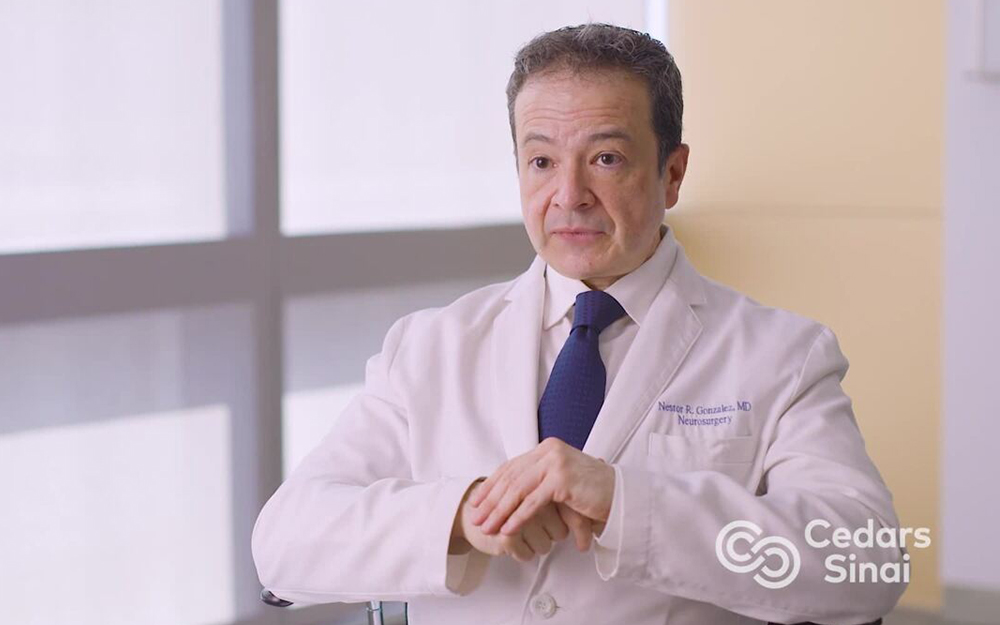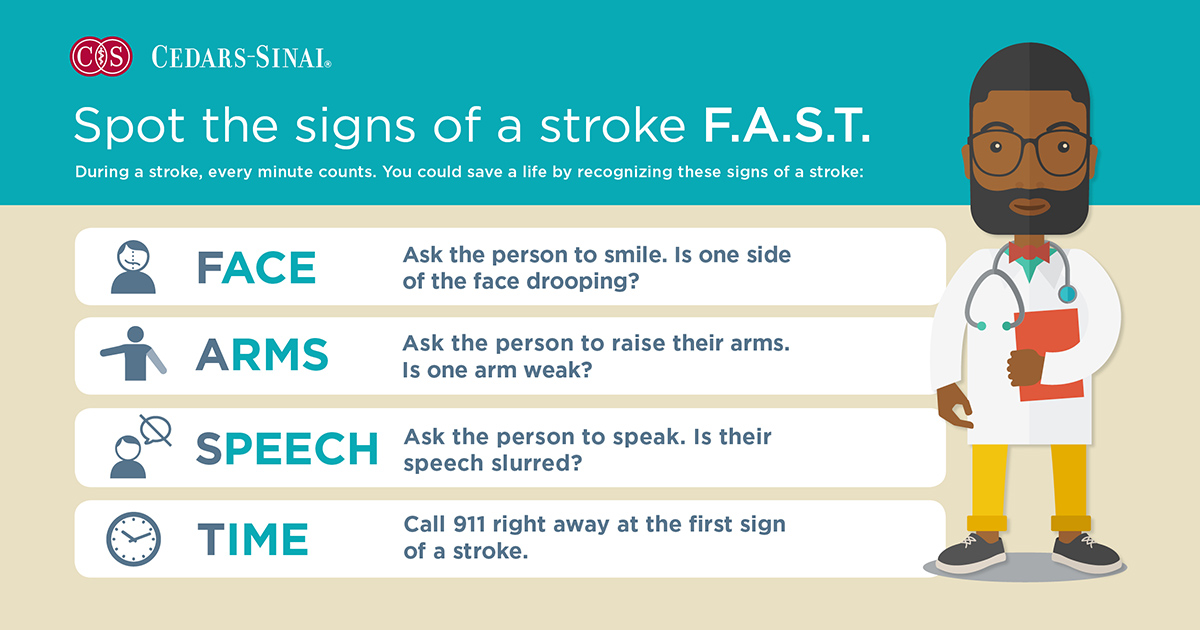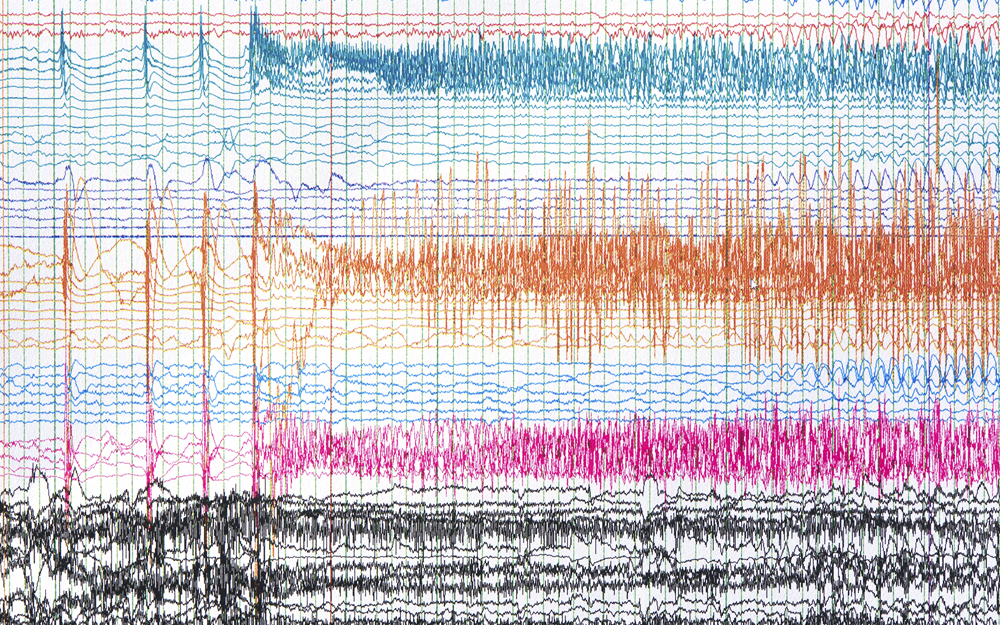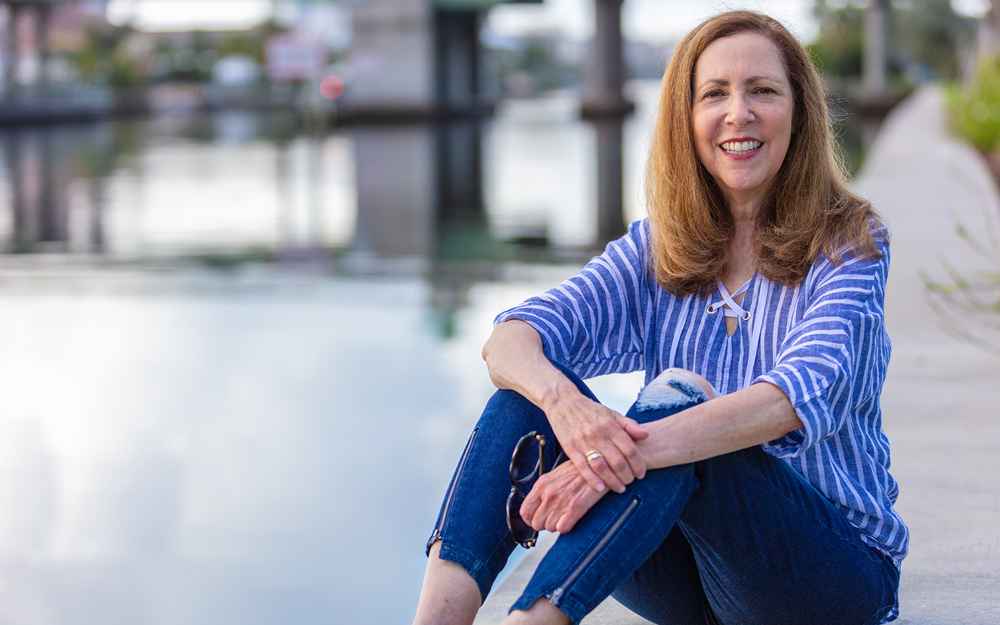How Bariatric Endoscopy Helped One Patient Change Her Life
Date
November 28, 2023
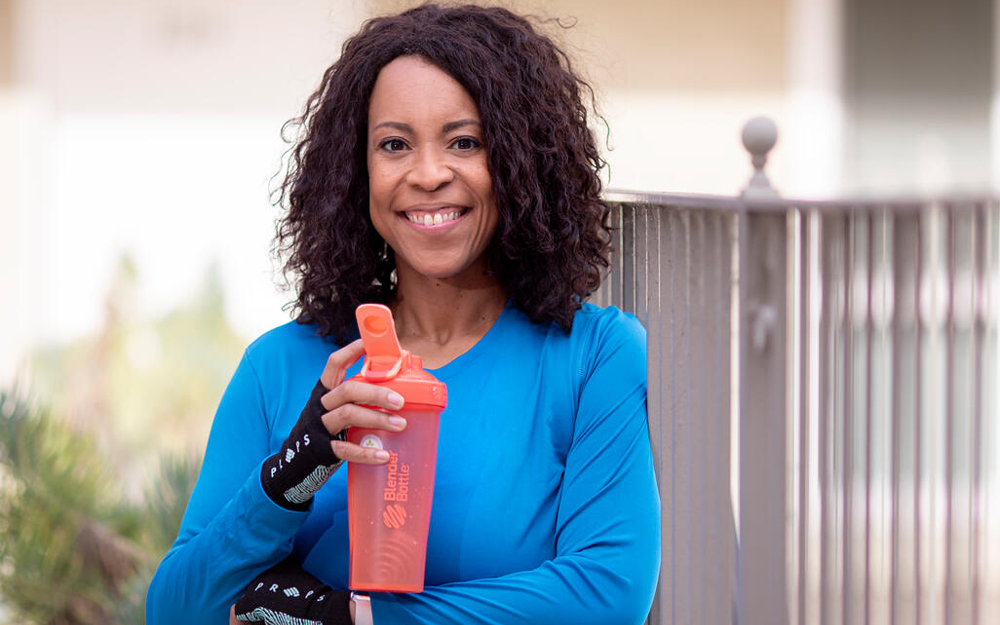
Date
November 28, 2023
Credits
Medical providers featured in this article

In Brief
{{cta-block}}
Last October, Holly Logan was so fed up with her yo-yo pattern of gaining and losing weight that she decided to do something about it. She hated that she often felt tired or sick. At the suggestion of her doctor, Holly met with Rabindra R. Watson, MD, director of the metabolic health program at Cedars-Sinai, to discuss weight-loss options.
Holly, an actress and comedian who lives in Sherman Oaks, wasn’t interested in bariatric surgery.
“I didn’t want to voluntarily be cut, so the traditional bariatric surgeries were a no-go for me,” she said.
But she was intrigued by Cedars-Sinai’s bariatric endoscopy program, because physicians access the stomach through the mouth and esophagus, without incisions.
“Bariatric endoscopy is safer than surgery, with faster recovery time. It can empower you and start you on a healthier journey.”
Watson told Holly about endoscopic sleeve gastroplasty, a nonsurgical procedure that sections off a portion of the stomach, limiting how much food it can hold (similar to gastric sleeve surgery).
After meeting with a social worker and a dietitian to confirm that she was an ideal candidate for the procedure, Holly became Cedars-Sinai’s first patient to undergo endoscopic sleeve gastroplasty. While she was under anesthesia, Watson threaded a thin, flexible tube through Holly’s mouth to her stomach. Using permanent stitches, Watson created a small pouch within her stomach, significantly reducing its size.
“It’s scarless,” Watson said. “It’s safer than surgery, with faster recovery time. It can empower you and start you on a healthier journey.”
Adjusting to Life After Endoscopic Sleeve Gastroplasty
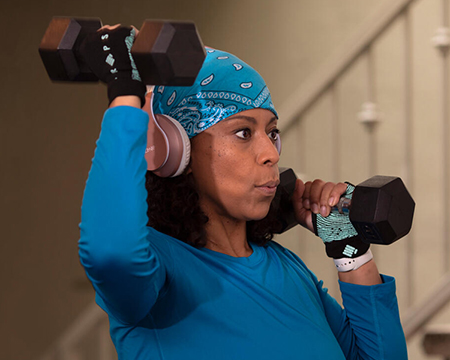
Almost immediately following the procedure, Holly noticed positive changes: Her appetite decreased, and she felt healthier and more energetic.
At Watson’s suggestion, Holly began exercising. She now goes to the gym regularly, focusing on weight training.
“My day can’t start without a workout, which is hilarious to me,” Holly said. “Before, I’d find any reason not to go.”
In the nine months since her endoscopic sleeve gastroplasty, Holly lost 73 pounds. She started giving away bags of too-large clothing and shopping in secondhand stores, knowing that nothing she bought would fit for long.
Recently, Holly began making more permanent wardrobe selections. She sees the difference in her body from before her procedure, and she’s happy with her current weight, which she hopes to maintain.
“My friends and family tell me, ‘You’re a brand-new person, but in a good way,’” she said. “I’m a happier version of myself.”
{{providers}}
Checking in With Her Team
Every three months since the procedure, Watson has monitored Holly’s progress. He asks about her diet and exercise habits, and he takes her measurements.
“In the beginning, I measured my success by the scale, but now I go by my measurements and how my clothes fit,” Holly said.
Whenever Holly has questions or concerns between appointments, she connects with Michelle De Maria, Watson’s nurse practitioner.
“Michelle does so much patient coaching day to day,” Watson said. “It’s crucial for patients to have somebody like her in their corner.”
Watson and his team plan to meet with Holly and other bariatric endoscopy patients indefinitely.
“Dealing with weight is a lifelong thing,” Watson said. “I tell patients, ‘We’re always going to be here for you.’”
Using Bariatric Endoscopy to Regain Control of Her Life
Holly knows she has achieved weight loss results because she followed her doctor’s orders, and that she must continue to care for herself to maintain her health.
“If I don’t change the behaviors that led me to seek this procedure, eventually my stomach can stretch back out,” she said. “I look at this procedure as a tool, because that’s what it is. I’ve had a total life transformation, and I’m proud of myself. I’m proud that I took control of my health.”
In CS Magazine: How to Choose a Weight Loss Path
